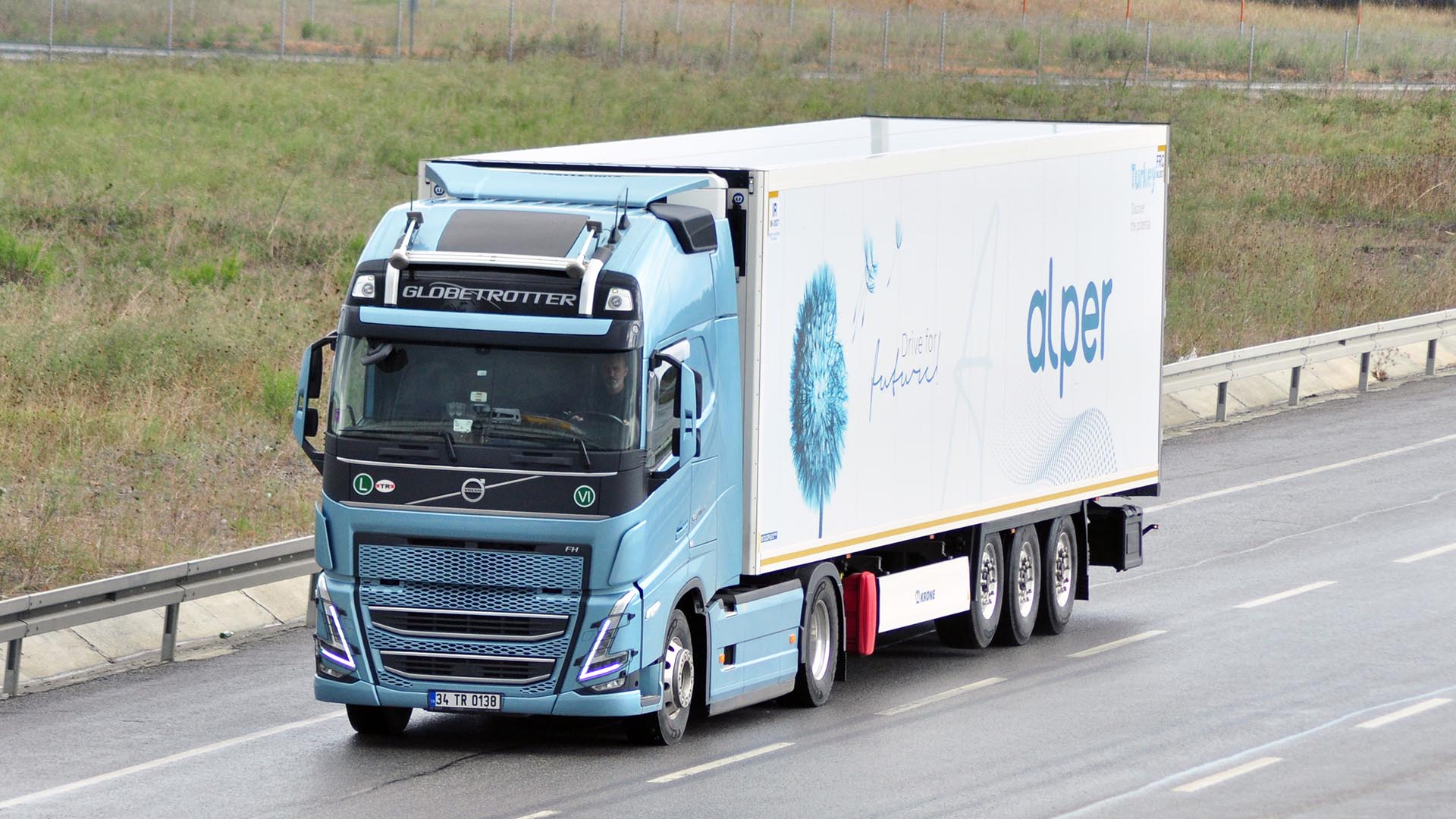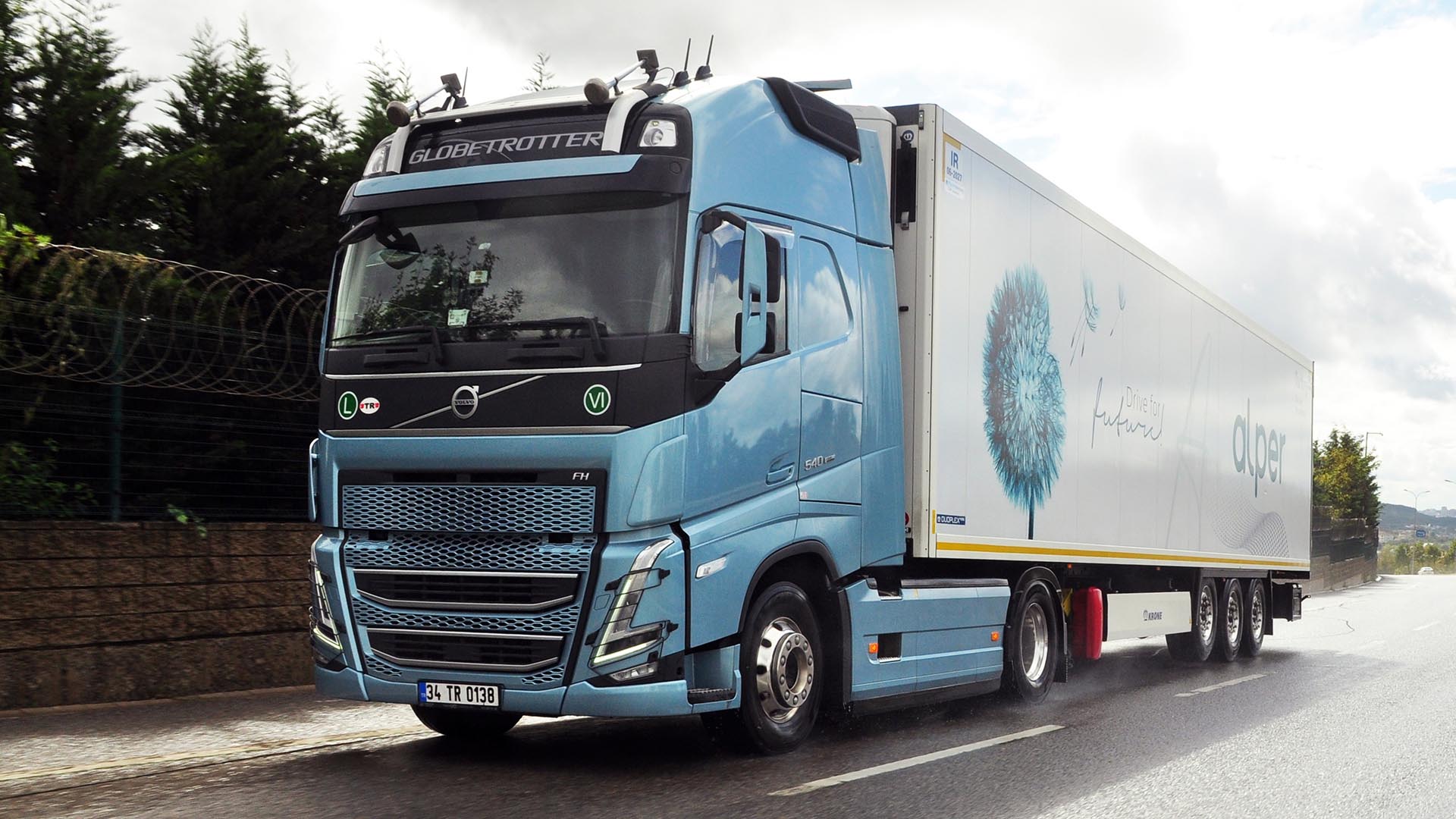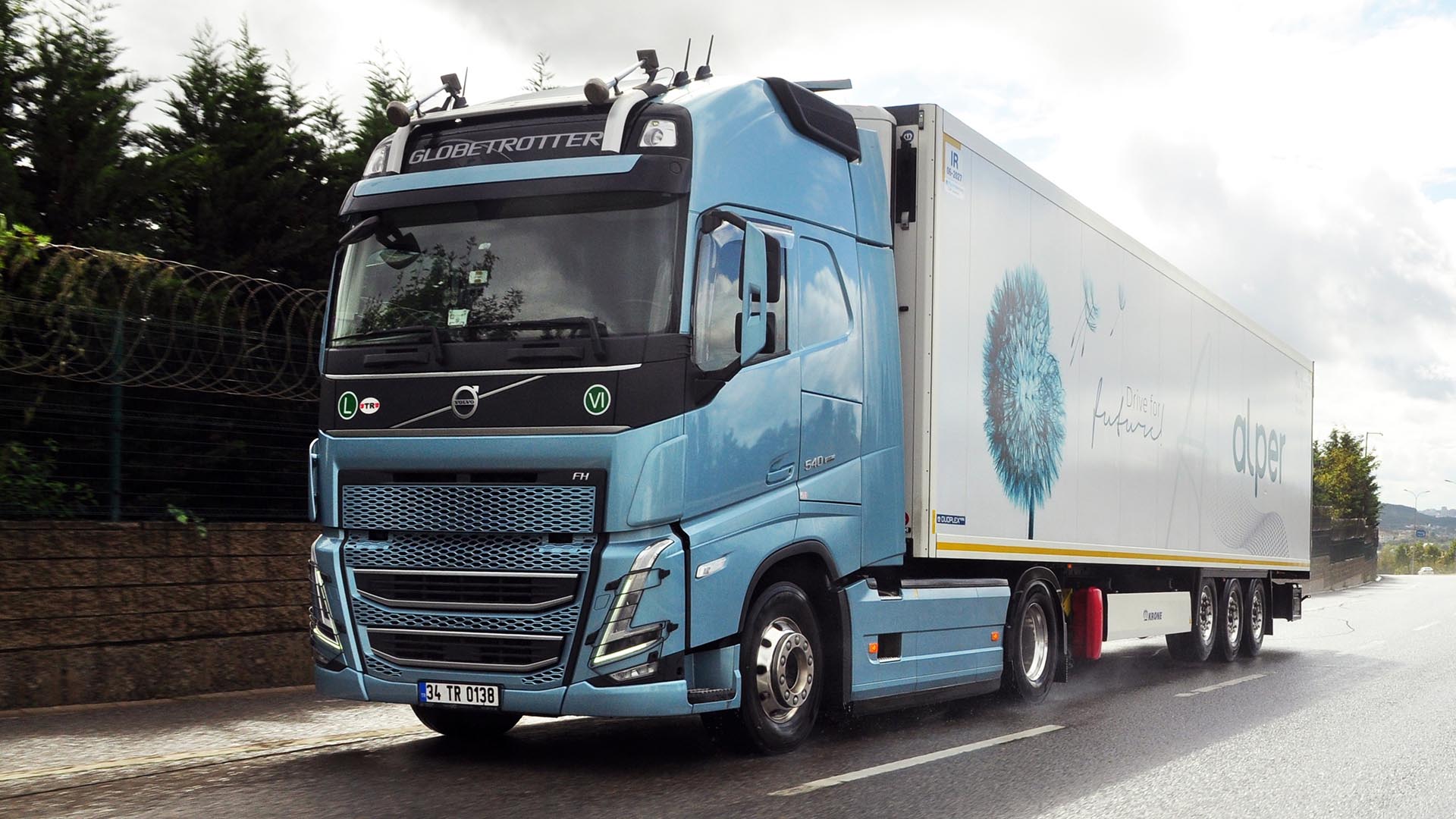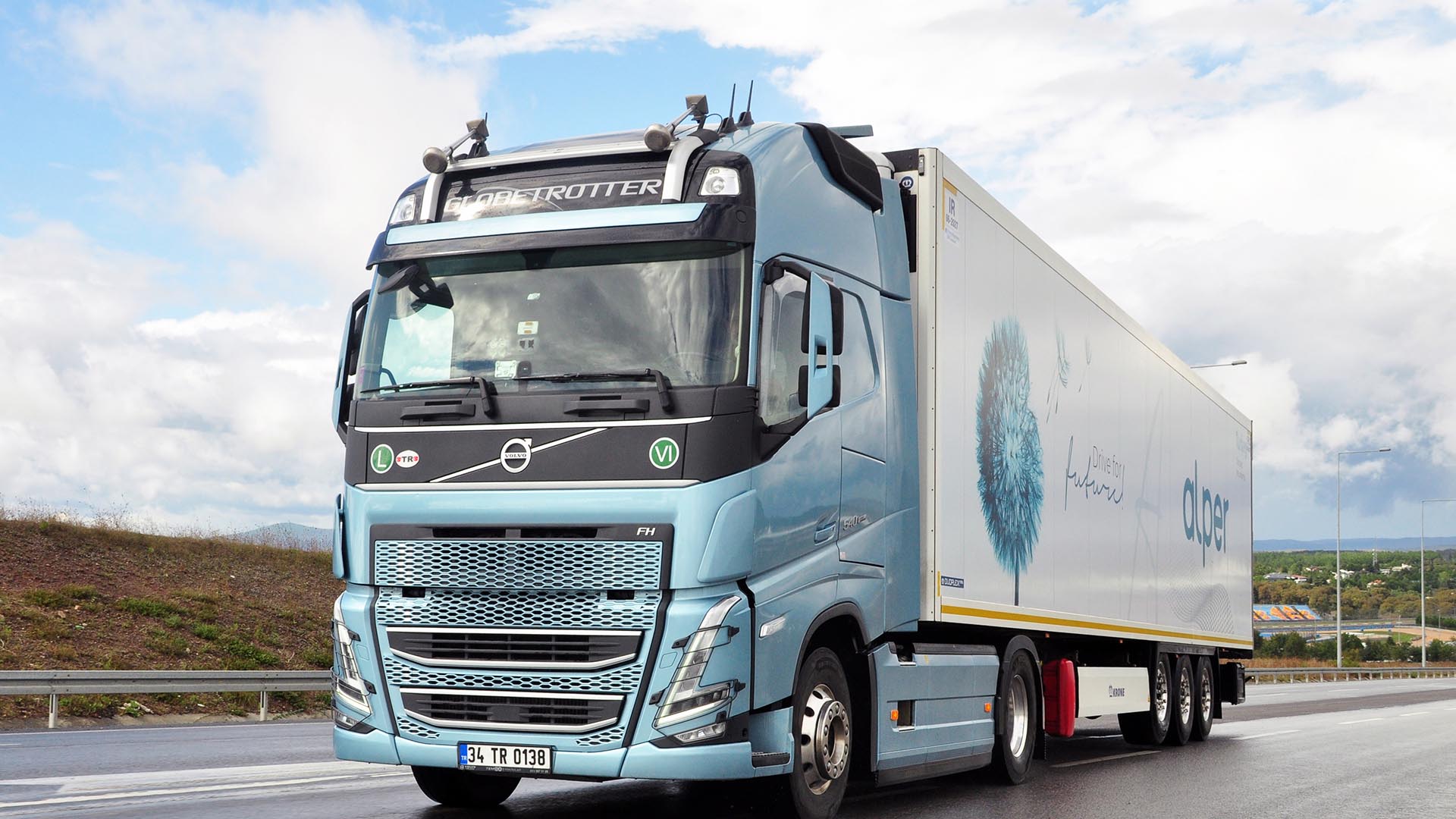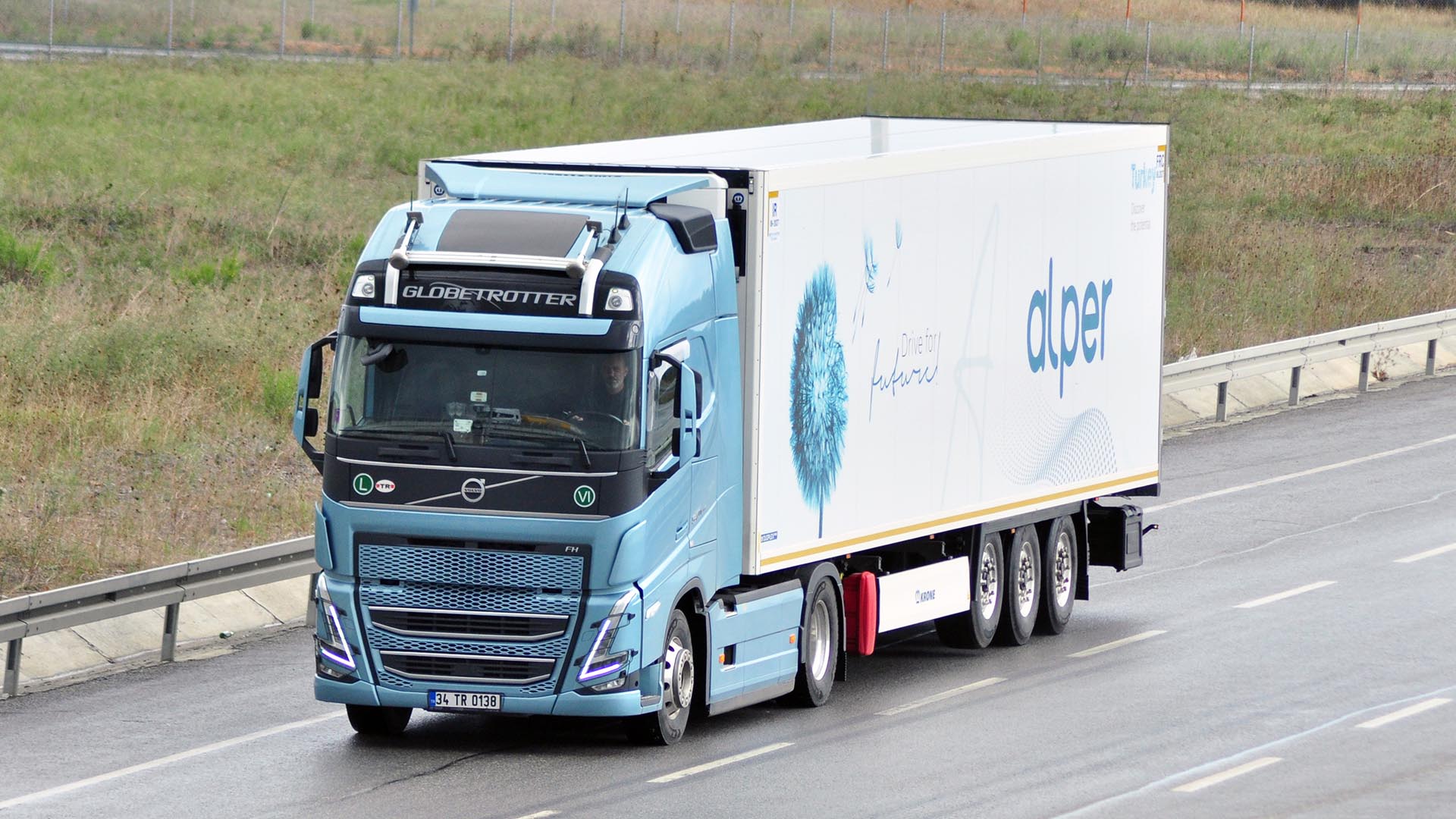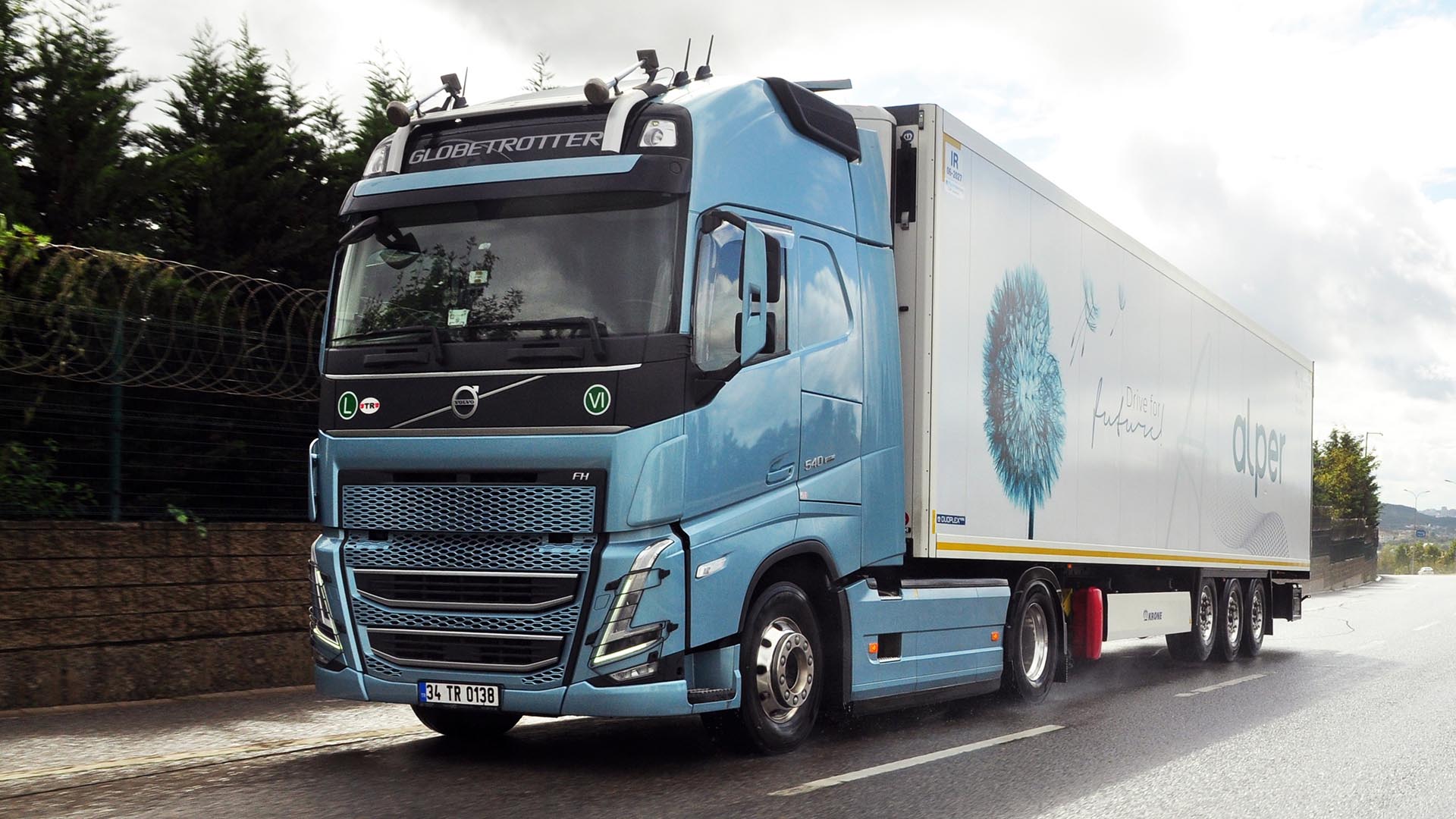- URL Kopyalandı
International transportation refers to the process of transporting goods from one country to another. There are transportation types such as land, air, sea, and rail transport for transporting products from one country to another. Each has its own unique features and advantages. The scope of the rules to be followed during delivery varies according to the transportation type.
International transportation ensures the continuity of import and export activities and serves as a mediator in the development of trade relations between countries. It is the process of transporting products using transportation vehicles directly or indirectly between countries. The essence of international transportation is that the parties make a contract. The contract made between the two parties, the buyer and the sender, includes some details. The following information should be included in the contract:
● Type and quantity of the product to be transported,
● Weight of the product to be transported,
● Information about the vehicle to be used for transportation of the product,
● Information about the location where the product will be loaded and unloaded,
● How long the product will be transported,
● The contract should include the finest details about how far the transported product will go on a daily basis.
International transportation is crucial for the realization of import and export transactions, that is, international trade. It is also important for the relationships between countries. Logistics companies should be contracted to carry out transportation operations on an international scale. The product is sent through the preferred transportation method using the logistics company you have agreed upon. Transportation companies must have appropriate documents in accordance with the laws and regulations.
What are the Types of International Transportation Agreements?
Logistics companies that want to conduct international transportation operations act in accordance with contracts. The types of transportation contracts vary according to the contract name, the method of transportation, the vehicles used, and the carrier. The contract documents have different names. These are:
● Ocean Transportation: Ocean Bill of Lading (B/L)
● Rail Transportation: Railway Bill (RWB)
● Road Transportation: Truck Bill of Lading or CMR
● Air Freight Transportation: It is referred to as Airway Bill (AWB).
There are also contracts regulated by the International Federation of Freight Forwarders and transporters. These include:
● Forwarder’s Certificate of Transport (FCT)
● Through Bill of Lading (TBL)
● FIATA Warehouse Receipt (FWR)
● FIATA Negotiable Combined Transport Bill of Lading (FBL)
What is Covered by International Transportation Contracts?
● Parties to the transportation contract (sender and receiver)
● Other individuals related to the transportation contract
● Goods to be transported (identifying marks of the goods, number of packages, description of goods, weight and volume of goods)
● Type of transportation and name of the carrier
● Place of departure, transfer and destination of the goods
● Date and number of the transportation contract and the date of issue
● Examples of the transportation contract
● Transportation fees must be included.
Logistics companies that want to engage in international transportation are required to apply the appropriate type of contract and the scope of the contract. They must comply with international transportation regulations. For more detailed information about international transportation services, you can contact the customer service team of Alper Logistics.
